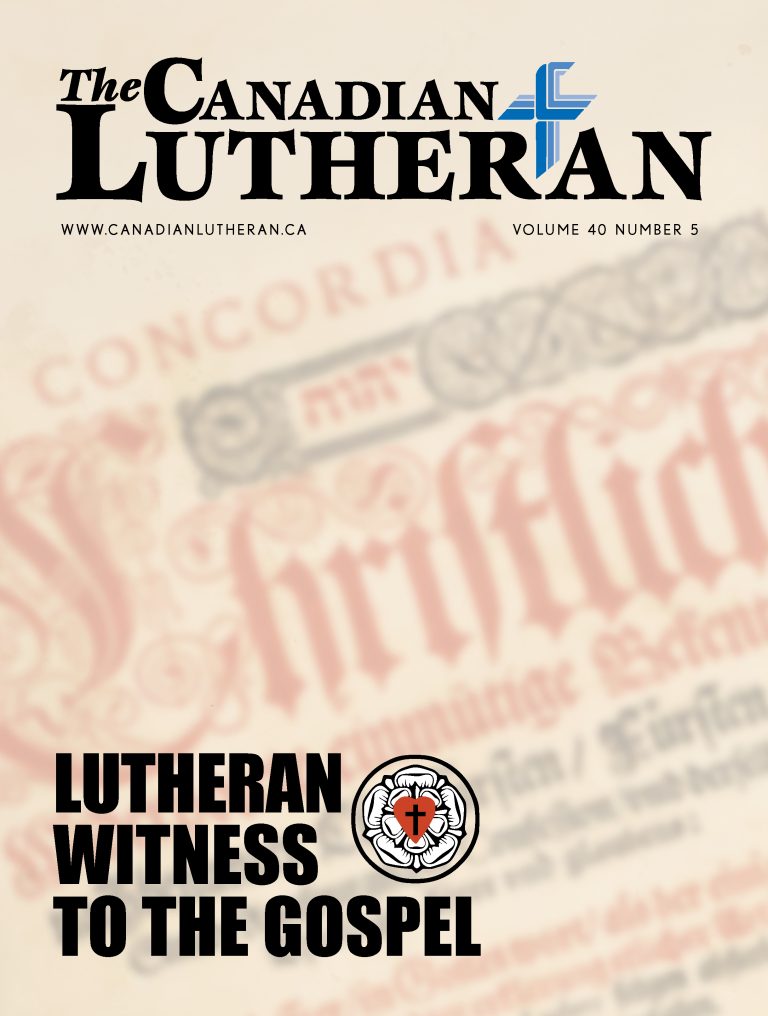Finding God
by Peggy Pedersen
Behold a virgin shall conceive and bear a son, and shall call His name Immanuel. Isaiah 7:14
The Word was made flesh, He lived among us, and we saw His glory, the glory that is His as the only Son of the Father, full of grace and truth. John 1:14
 We often become so accustomed to hearing these words at this season that we become immune to the stunning wonder and magnitude of the event we commemorate. Much of the world remains incredulous because Christmas is about the incarnation of God. The babe born in a manger in Bethlehem was none other than the Second Person of the Holy Trinity: “God of God, Light of Light, Very God of Very God;” the Eternal Word of God come to make known and visible to us God’s own revelation of Himself. “He who has seen me has seen the Father” (John 14:9) Jesus says. In Jesus Christ the invisible God became visible in flesh so we could hear Him without terror, see Him without being blinded, and touch Him without dying.
We often become so accustomed to hearing these words at this season that we become immune to the stunning wonder and magnitude of the event we commemorate. Much of the world remains incredulous because Christmas is about the incarnation of God. The babe born in a manger in Bethlehem was none other than the Second Person of the Holy Trinity: “God of God, Light of Light, Very God of Very God;” the Eternal Word of God come to make known and visible to us God’s own revelation of Himself. “He who has seen me has seen the Father” (John 14:9) Jesus says. In Jesus Christ the invisible God became visible in flesh so we could hear Him without terror, see Him without being blinded, and touch Him without dying.
The incarnation of God in Jesus Christ is the key tenet of Christianity, for without it, all other tenets of our faith fall. It is the heart of the Gospel. Without the incarnation, the separation between sinful man and the Holy and Righteous God would remain. Since the fall of the first Adam, only a sinless “second Adam” could rescue us from our sin.
Only God, Himself, could provide the pure and perfect sacrifice. But the scripture says: “Apart from shedding of blood there is no remission of sins,” (Heb. 9:22). Shedding of blood requires a body with a beating heart. There must be death. But God, as an immortal being—the source of life itself—could not die. And so the One through whom all things were created took on His creature’s flesh in indescribable love so He could take our sins upon Himself and die for us thereby reconciling us with Himself.
The incarnation means there is atonement. From His heart pierced for us, His hands and feet nailed to a cross, He shed His blood for the sins of all who have ever lived or will live on earth, dying to conquer death itself and break our bondage to sin.
The incarnation means that He, as our intercessor—and at the end of time, our judge—knows our temptations and frailties.
It means that because He rose bodily from the dead, He made it possible for us to rise and never die again.
It means that when He ascended into heaven He ascended in a physical body forever united with His divinity: “See my hands and my feet, that it is I myself. Touch me, and see. For a spirit does not have flesh and bones as you see that I have,” (Luke 24:39). In the same way He shall return to us and dwell with us forever in the new earth.
The incarnation is Immanuel—God-with-us—and united with Him in our baptism He lives in us and we in Him. The incarnation means that when we participate in Holy Communion, Jesus Christ is fully present, not just in a spiritual way, but in, with and under the elements of bread and wine are His true body and blood. Without the incarnation there would be no communion.
He promised:“I am with you always, to the end of the age” (Matt. 28:19). As Martin Luther stated, Christ is present in His church:“This presence is not a part, or only one half of Him. Christ’s entire person is present, to which both natures belong, the divine and the human.” Because of the incarnation, we can find Him at Christmas and every season in His Word and in the means of grace: Baptism, Absolution, and the bread and wine of Holy Communion.
In this, and every season, He comes to us as a gift so great and incomprehensible that only the grace of the Holy Spirit can reveal Him to us.
May the Prince of Peace, Jesus Christ our Lord, bestow His grace upon you this blessed season and bring you joy and life eternal.
Peggy Pedersen is a freelance writer and member of Redeemer Lutheran Church in Victoria, B.C.



